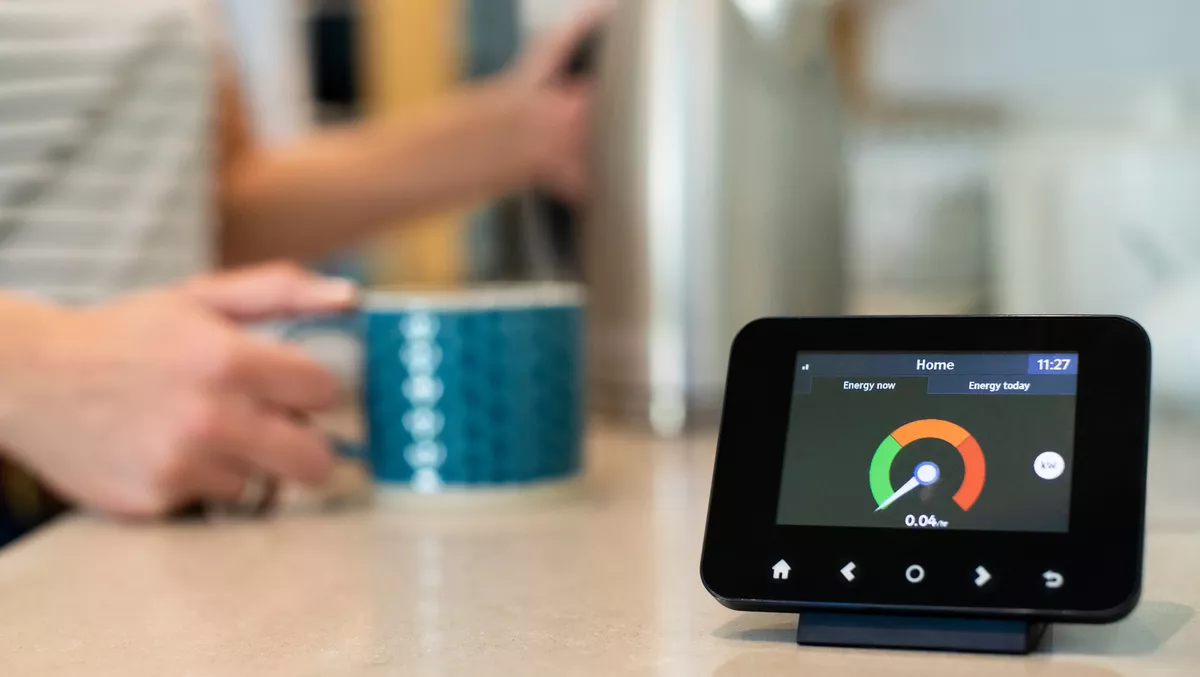
Flick Electric: Disrupting the retail energy industry with price transparency and great service
Electricity is the world's purest commodity – you can't see it or touch it, and you have no idea where the electrons came from that power your appliances. The equipment that manages electricity distribution is all automated. Why is it then that most of the power industry seems to be operating in the dark ages with respect to customer service, pricing, and information provision?
Flick has a simple business proposition: they put the customer at the centre of everything they do, give you electricity at the wholesale spot price plus a small well-known commission, and give you access to a wealth of easily digestible information that helps you manage your own power consumption.
The small, well-known commission is 40c per day plus 1.5c per kilowatt-hour (KWh) for a standard user. That amounts to the country's least expensive power. Flick claim that even if you switch to Flick and do nothing to manage your usage patterns, you can save approximately 7% off your bill, because the major power retailers use their customers as a hedge against fluctuations in the wholesale market. The risk to Flick's customers is that their bill may occasionally be higher during periods where the spot price is high.
But the real savings kick in when, armed with the reports about your usage you can view as a customer, you can change your usage patterns by deferring load into periods when the spot price is lower, for example running your clothes dryer and dishwasher at 4am. Flick claim that you can save about 25% off your energy bill by doing things like this.
Mid-2015, Consumer NZ ran a survey rating customer satisfaction of power retailers, and Flick scored a remarkable 96% satisfaction rating. They claim that everything about the company is so automated and well-engineered that there's really nothing to complain about. All bills are paid by electronic payment, the customer web interface is excellent, and pricing is transparent. You can always know what your usage and charges are doing on a half-hourly basis, so there's no possibility of being shocked by a blow-out bill.
Flick was registered as a company in July 2013, took on their first beta customer in December 2013, and did a soft launch in August 2014. In the past 18 months they've grown to be the tenth largest energy supplier in New Zealand with nearly 8,000 customers, growing by roughly 15% per month, and despite their small size, they are the supplier with the second largest number of net customers switching to them monthly, and the only one of the top 10 who is not vertically integrated.
There's plenty of innovation yet to be applied in this space – for example peer-to-peer power. Your neighbour has a solar cell farm (they're getting cheaper all the time) and could sell her power directly to you, via the Flick platform. Or, you have smart power points or Nest installed, and you want to interface directly with Flick, and only have specific devices – or even temperature settings – active only under certain pricing conditions.
I've known Steve O'Connor, Flick's CEO and cofounder for many years, and recall him talking about setting up a power retailer in the early 2000's – at the time, I thought he was mad. But he's assembled a stellar team, including Simon Pohlen, Jessica Venning-Bryan, Jurjen Geerts, and Shannan Hargreaves. They have the broad and deep experience capable of making a major dent in the $9b market in NZ. And so far, they seem to be executing very well.
But the real prize is overseas markets. Flick are hatching plans for overseas expansion which will most likely be centered around licensing deals and joint ventures rather than direct entry.
So far, Flick has received funding from their original founders, an Angel round led by AngelHQ, a growth round, and then took on some institutional investment, which is a considerable achievement in such a short space of time, but reflective of the company's rapid growth. They're planning another investment round late this year, which will be aimed at bringing the NZ business to profitability, further improving the platform, launching several new initiatives in the retail space, and start seriously exploring the overseas opportunities.
You don't need a particularly creative imagination to see a number of exit possibilities, but for the time being, they're focusing on what great startups do – building and scaling a sustainable business with a fervently loyal customer base, delivering frictionless service, driving down costs to the consumer, and causing pain for the competition.
The Internet enables cloud-based, customer-centric, low-cost, transparent, on-demand businesses, and Flick are leading the way in New Zealand using this power to disrupt comfortable oligopolies. If I were a Flick customer, I'd be delighted, but if I were an incumbent power retailer, I'd be very afraid.

